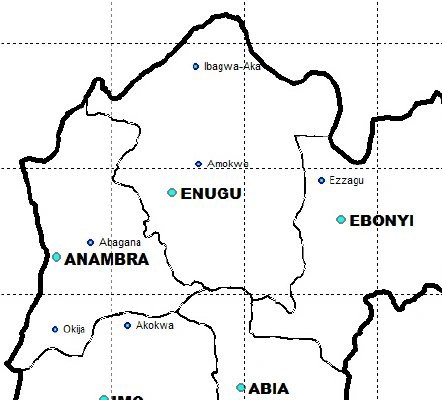Economy
OPay adds ₦50 fee on transfers over ₦10,000

OPay has announced a new charge on electronic transfers to personal and business accounts, in line with Federal Inland Revenue Service (FIRS) regulations.
Effective from September 9, 2024, a one-time fee of N50 will be applied to transfers of N10,000 and above.
In a notice to customers on September 7, 2024, OPay stated:
“Dear valued customers, please be informed that starting September 9, 2024…
“A one-time fee of N50 will be applied for electronic transfer of N10,000 and above paid into your personal or business account…
“In compliance with the Federal Inland Revenue Service regulations.”
The company emphasized that the charges are government-mandated and not a source of income for the platform.
“It is important to note that OPay does not benefit from these charges in any way as it is directed entirely to the Federal Government,” the notice added.
This fee introduction aligns with the Federal Government’s ongoing efforts to generate revenue through electronic transaction regulations enforced by the FIRS.
FIRS and Electronic financial transaction
FIRS is Nigeria’s tax authority, tasked with administering and enforcing tax laws to ensure revenue collection for the government.
Its role extends to the regulation of electronic financial transactions, which has become increasingly important with the growth of digital banking and e-commerce.
As part of its mission to boost tax revenue and compliance, FIRS implements policies that affect both individuals and businesses.
These include charges on electronic transfers, which align with broader financial regulations.
FIRS’s involvement in electronic financial transactions began as a response to the digitalization of commerce in Nigeria.
With more Nigerians engaging in online banking and mobile payments, FIRS introduced transaction fees and levies that could capture revenue from these growing platforms.
These fees are typically small amounts charged on specific transactions, such as transfers above a certain threshold.
For example, the recent N50 charge imposed by OPay on transfers of ₦10,000 and above mirrors charges applied by other financial institutions, as mandated by FIRS regulations.
These charges are not exclusive to fintech platforms.
Traditional banks, such as First Bank, GTBank, and Zenith Bank, also comply with these rules by charging similar amounts on electronic transfers.
Such fees, though minimal individually, contribute significantly to government revenue when accumulated across millions of daily transactions.
The Evolution of transaction fees in Nigeria
Transaction fees have long been a feature of Nigeria’s financial landscape but have evolved significantly in recent years.
Initially, these fees were more focused on traditional banking services, such as withdrawal and interbank transfers.
However, as digital transactions gained popularity, FIRS and other regulatory bodies adjusted policies to ensure that e-transactions were also taxed.
In 2021, the Nigerian government introduced new digital taxation policies under the Finance Act 2020.
This act empowered FIRS to collect Value-Added Tax (VAT) on digital services provided to Nigerians by non-resident companies.
This marked a significant step in capturing the growing digital economy, and transaction fees became a more prominent tool for raising revenue from the sector.
Transaction fees have since become a cornerstone of federal tax policy in Nigeria.
By taxing digital payments and services, the government taps into the growing volume of electronic financial transactions.
These fees also provide a stable revenue stream for the government, helping to fund essential services and infrastructure projects.
Impact of Opay ‘s new charge of its customers
The introduction of a new ₦50 fee for transfers of ₦10,000 and above by OPay may have notable consequences for its users.
This is particularly relevant for small business owners, daily transaction handlers, and personal account users.
OPay has been widely adopted across Nigeria due to its free and swift transactions, especially when compared to traditional banks.
However, this new fee could discourage users from making frequent transfers, especially those engaging in small-value transactions.
For small business owners using OPay daily, this fee could add up and make the platform less appealing.
Many small-scale merchants and entrepreneurs could see this charge as an extra burden, particularly for high-volume transactions.
A similar pattern has been observed with other fintech platforms also passing these costs to customers, likely raising prices.
Additionally, individuals using OPay for personal and daily transactions may also feel the impact.
Many users used to free transfers may cut back on platform use due to even minimal new charges.
Some may seek alternatives that offer better cost benefits, potentially affecting OPay’s transaction volume and user retention.
The new government-mandated fee may impact how customers use OPay as it competes in Nigeria’s growing fintech space.
For Diaspora Digital Media Updates click on Whatsapp, or Telegram. For eyewitness accounts/ reports/ articles, write to: citizenreports@diasporadigitalmedia.com. Follow us on X (Fomerly Twitter) or Facebook









